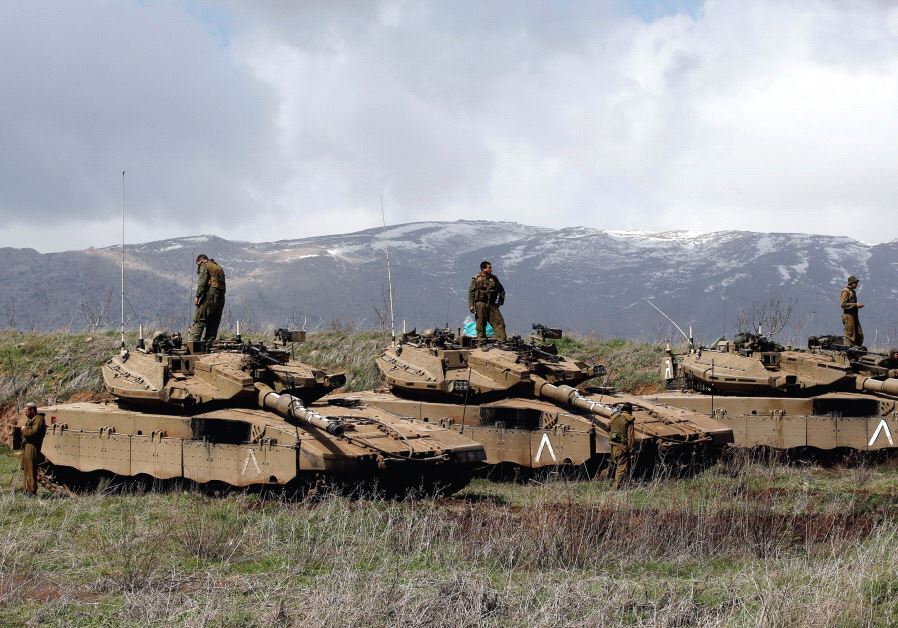Israel must set conditions for Syria withdrawal, 6-month stay would backfire, expert tells 'Post'
Conditions include a new regime stopping Hezbollah smuggling and do not rely solely on UNDOF.
 IDF tanks are seen along the Golan Heights border with SyriaUpdated:
IDF tanks are seen along the Golan Heights border with SyriaUpdated: 


